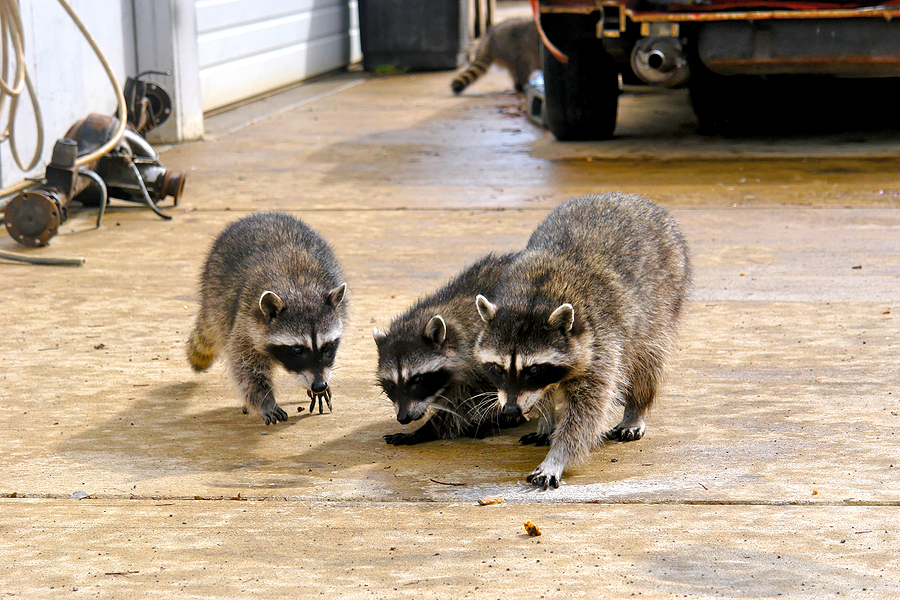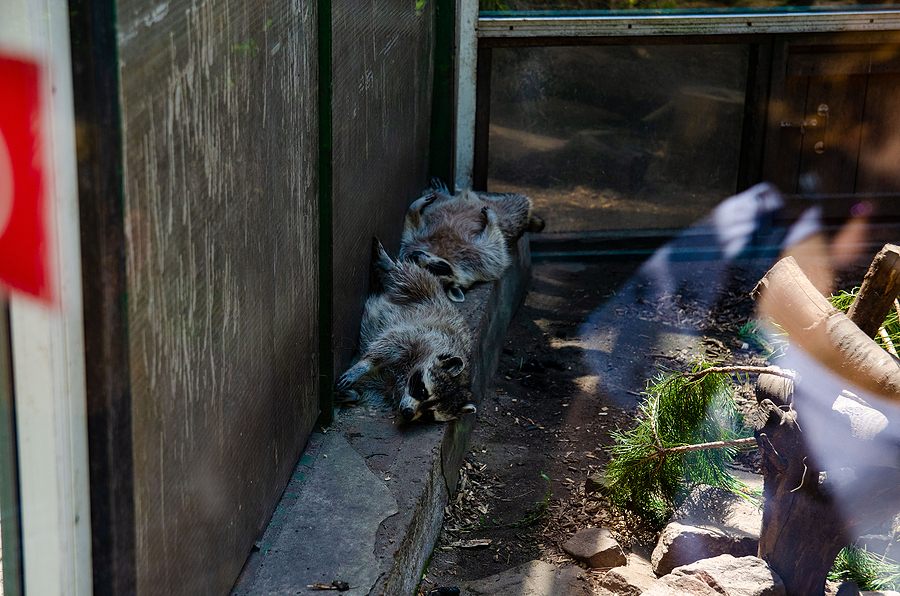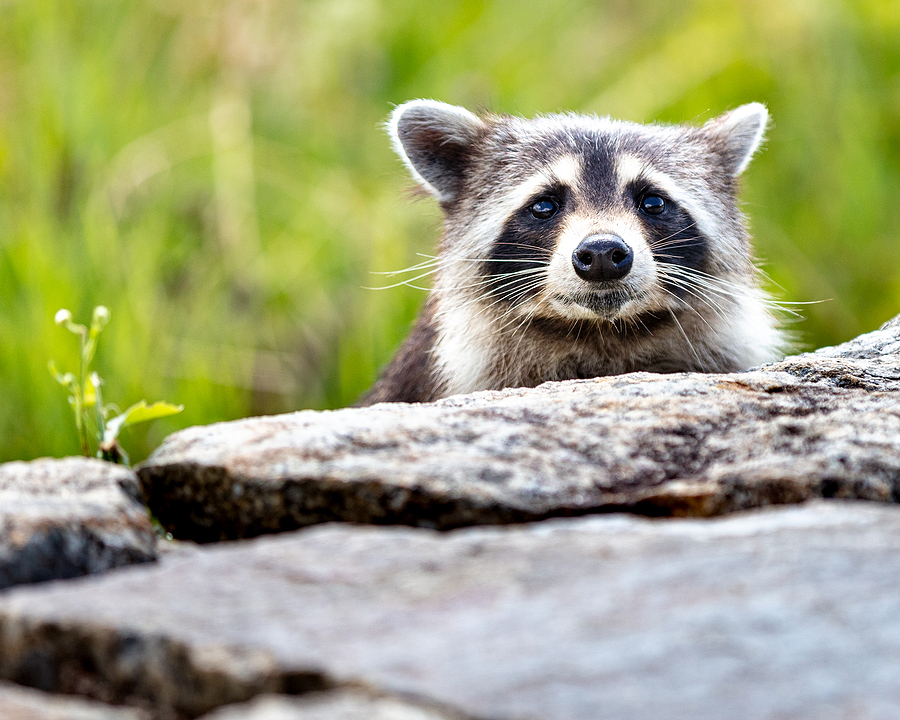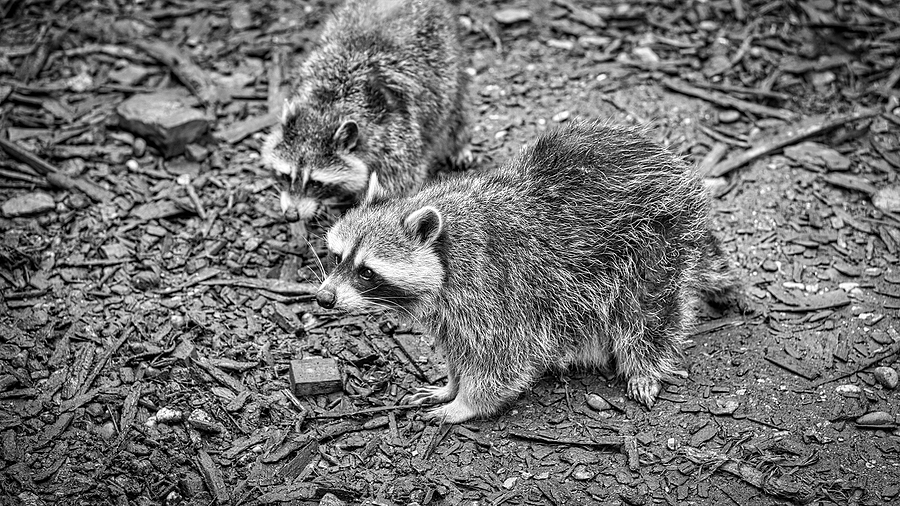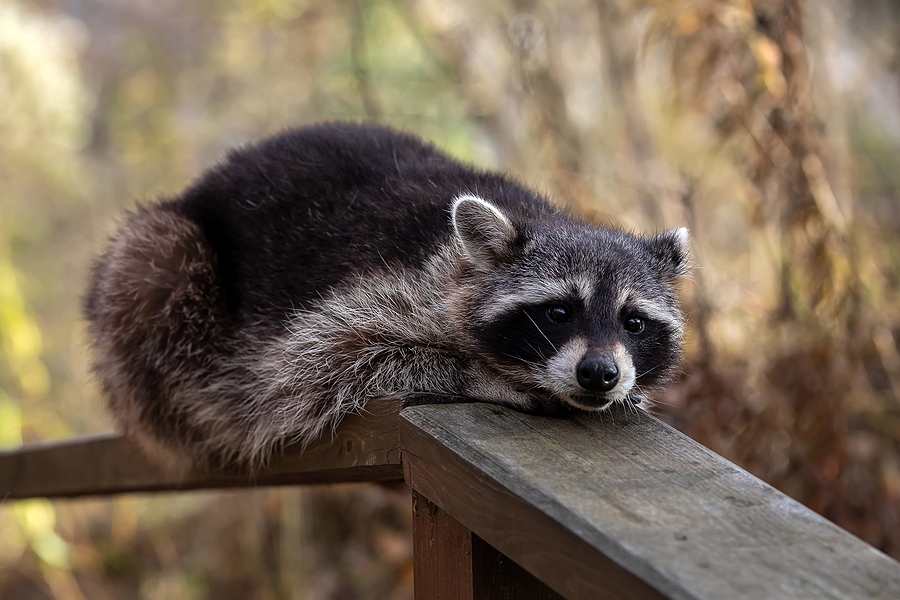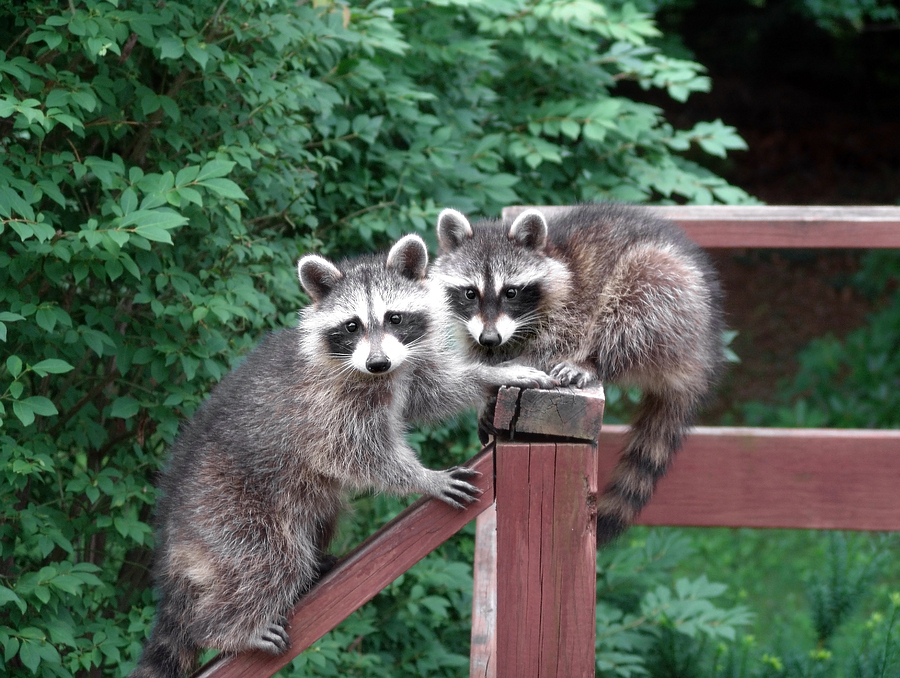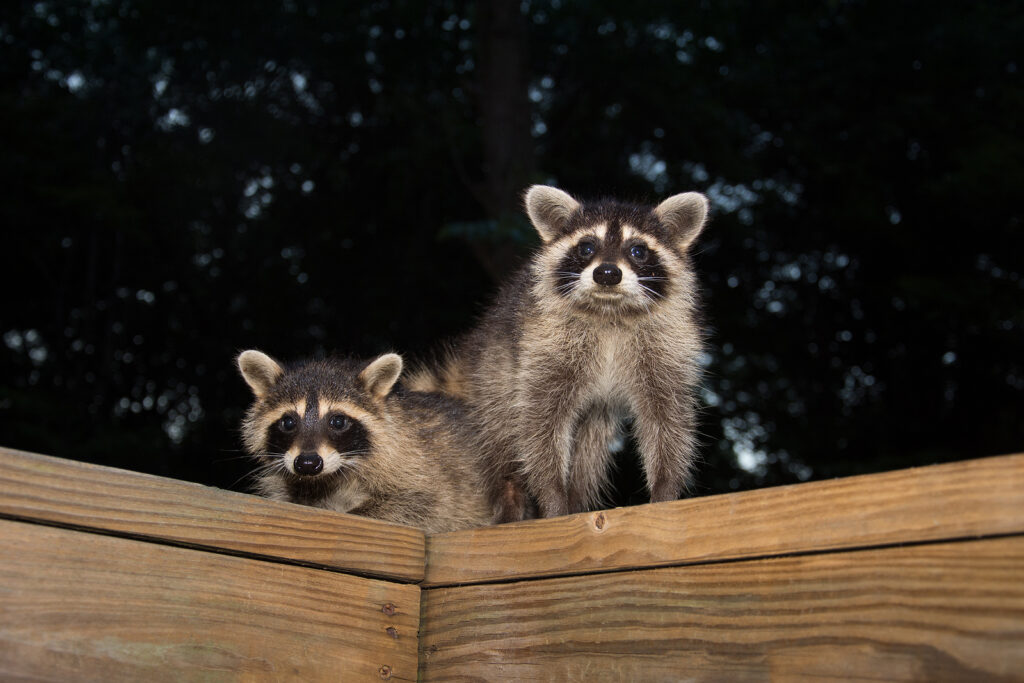Raccoons may look cute and cuddly, but when they invade your home or property, they become anything but endearing. Recognizing the signs of a raccoon infestation early can save homeowners and property managers time, money, and stress. In this post, we’ll dive into the common indicators of raccoon presence, the dangers they pose, and effective prevention and control methods to keep these nuisance animals at bay.

Why Understanding Raccoon Infestations is Important
Raccoons are highly adaptable creatures known for their dexterity and intelligence. They can easily find their way into homes, attics, basements, and other structures, causing a variety of problems. For homeowners and property managers, being able to identify and address a raccoon infestation promptly is critical to maintaining the safety and integrity of their property.
Identifying Common Signs of a Raccoon Infestation
Recognizing the indicators of a raccoon infestation can be challenging, but knowing what to look for can help you take action quickly. Below are some telltale signs that you may have uninvited furry guests:
Physical Evidence
- Footprints and Tracks: Raccoons leave distinct tracks with five toes on both front and hind paws. Look for these around entry points, muddy areas, and near food sources.
- Droppings: Raccoon feces are typically dark, tubular, and about the size of a small dog’s. Finding droppings in or around your property is a strong indicator of their presence.
- Nests: Raccoons often build nests in attics, chimneys, and crawl spaces. Look for piles of leaves, fabric, or insulation material that they might have used to create a cozy den.
Behavioral Patterns
- Nocturnal Noises: Raccoons are nocturnal, so hearing scratching, thumping, or chattering sounds at night—especially from the attic or walls—can indicate their presence.
- Destroyed Gardens and Trash: These clever critters are notorious for raiding trash cans and gardens. If you notice overturned bins, scattered garbage, or damaged plants, raccoons might be the culprits.
- Damaged Entry Points: Check for signs of damage around vents, chimneys, or roof edges. Raccoons can claw or chew their way into homes if they find an accessible point.
The Dangers of Raccoon Infestations
Raccoons might seem harmless, but their presence can lead to several issues that pose risks to your property and health.
Property Damage
Raccoons can cause extensive damage by tearing up insulation, chewing on electrical wires, and creating holes in roofs and walls. This not only affects the structural integrity of your home but can also lead to costly repairs.
Health Risks
Raccoons are carriers of various diseases, including rabies, leptospirosis, and raccoon roundworm. Their droppings can also contain harmful parasites and bacteria, posing significant health risks to humans and pets.
DIY Raccoon Control Methods
Taking proactive measures to prevent raccoon infestations is essential for safeguarding your property. Here are some practical tips for a raccoon-proof home:
Seal Entry Points
Inspect your property for potential entry points, such as gaps in the roof, chimney, vents, and foundation. Seal these openings with sturdy materials like metal mesh or hardware cloth to prevent raccoons from gaining access.
Secure Trash and Food Sources
Raccoons are attracted to easy food sources. Use raccoon-proof trash cans with secure lids and avoid leaving pet food outside overnight. Consider installing motion-activated lights or sprinklers to deter nocturnal visits.
Remove Attractants
Keep your yard clean and free of debris, such as fallen fruit, overgrown vegetation, and piles of leaves. Trim tree branches that overhang your roof to reduce access points.
Use Raccoon Repellents
There are various raccoon repellents available, including commercial products and DIY solutions like ammonia-soaked rags or predator urine. These can help to discourage raccoons from entering your property.
The Benefit of Professional Raccoon Control Services
If you suspect a raccoon infestation, it’s wise to seek professional help. Trained wildlife control experts can safely and humanely remove raccoons and implement long-term prevention strategies to ensure they don’t return.
Conclusion
Raccoon infestations can pose significant challenges for homeowners and property managers, but early detection and preventive measures can make a world of difference. By understanding the common signs of raccoon presence, the dangers they bring, and the best prevention and control methods, you can protect your property and ensure a safe, raccoon-free environment.
If you suspect a raccoon infestation or need assistance with raccoon removal and control, reach out to a professional wildlife control service today. Don’t let these uninvited guests take over your home—act now to safeguard your property and health. By staying vigilant and proactive, you can maintain the safety and comfort of your home, free from the disruptions caused by nuisance raccoons.
Remember, when it comes to raccoon infestations, early intervention is key. Contact Indianapolis Raccoon Removal at 317-535-4605 for licensed and insured raccoon removal and control services in Indianapolis, Indiana, today. We also provide raccoon infestation cleanup and attic repair.
Related Posts:
Dealing with the Damage Caused by Raccoons in Your Attic
The Unseen Dangers of Raccoons Nesting in Your Chimney
Raccoons Be Gone! A Complete Guide to Raccoon Removal

